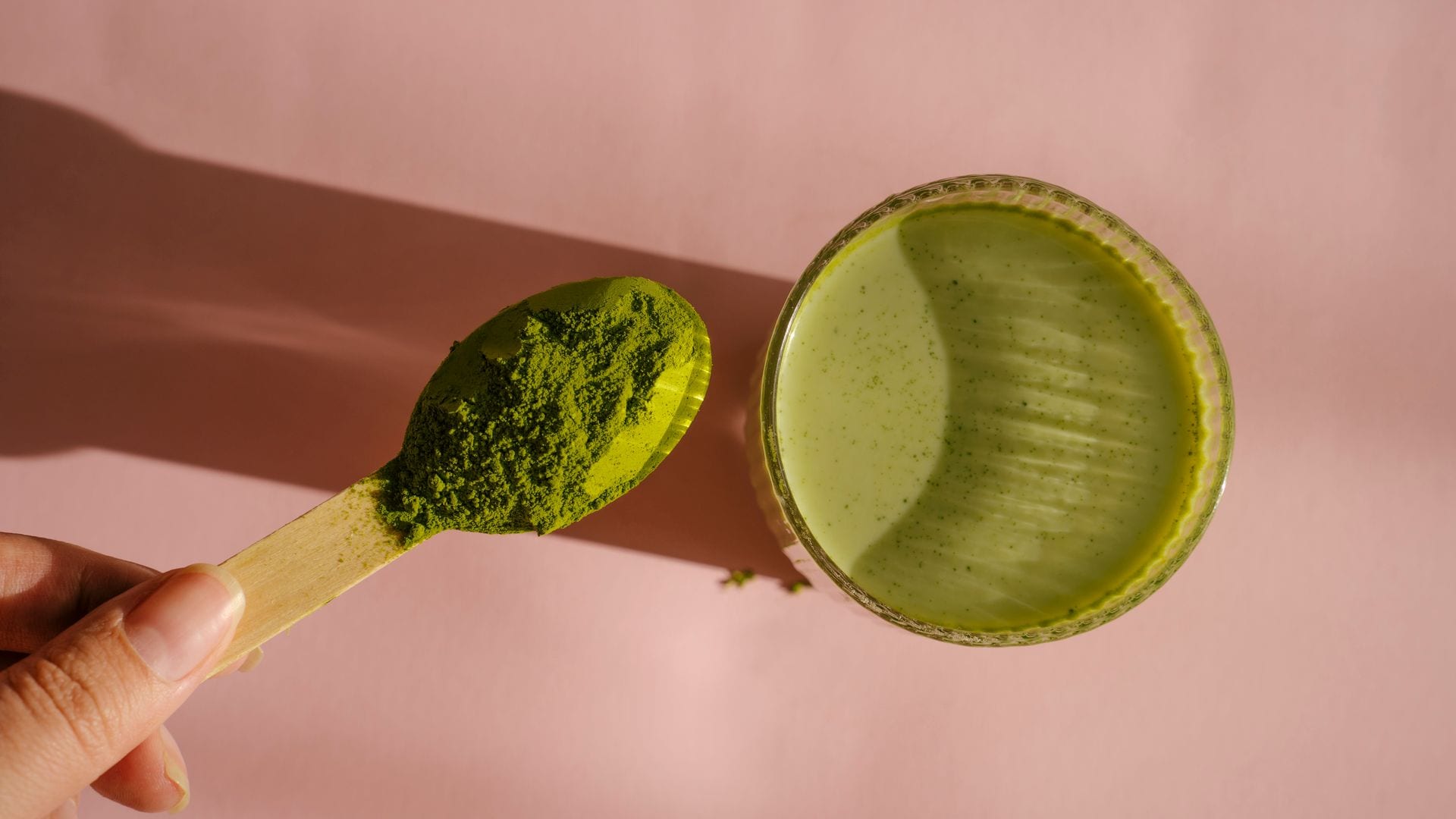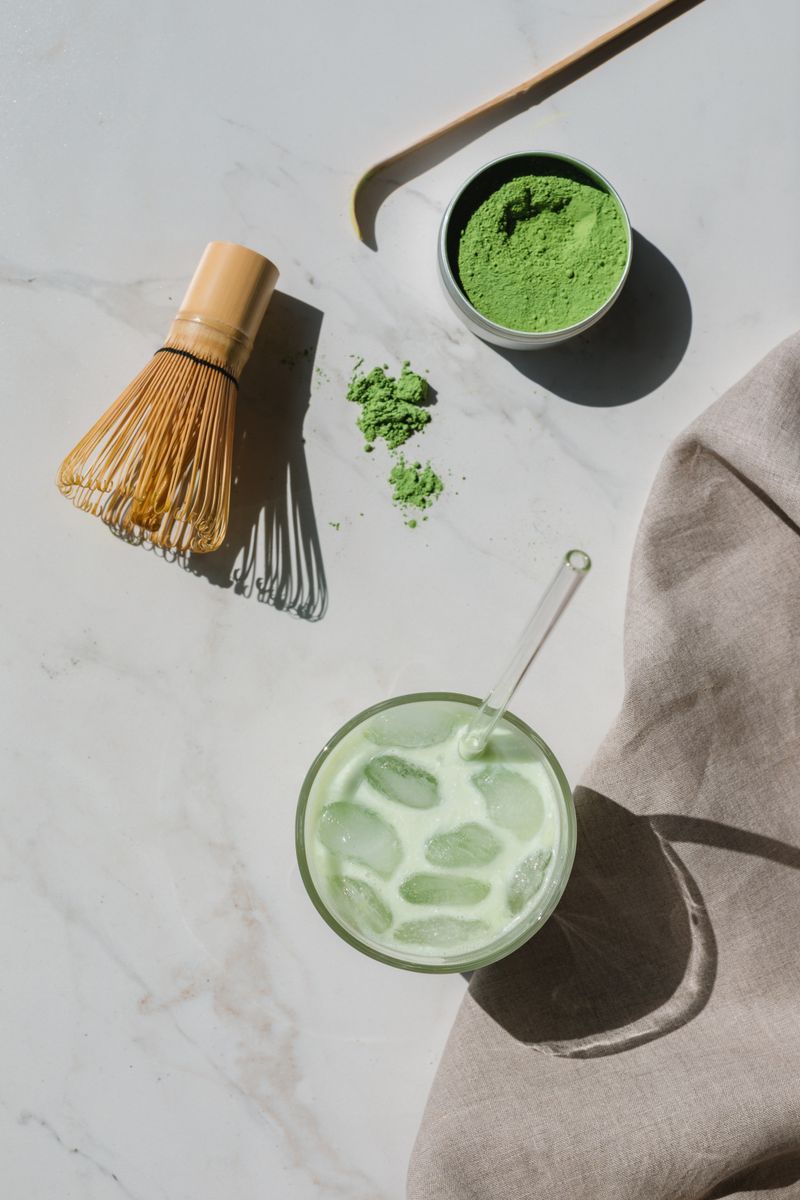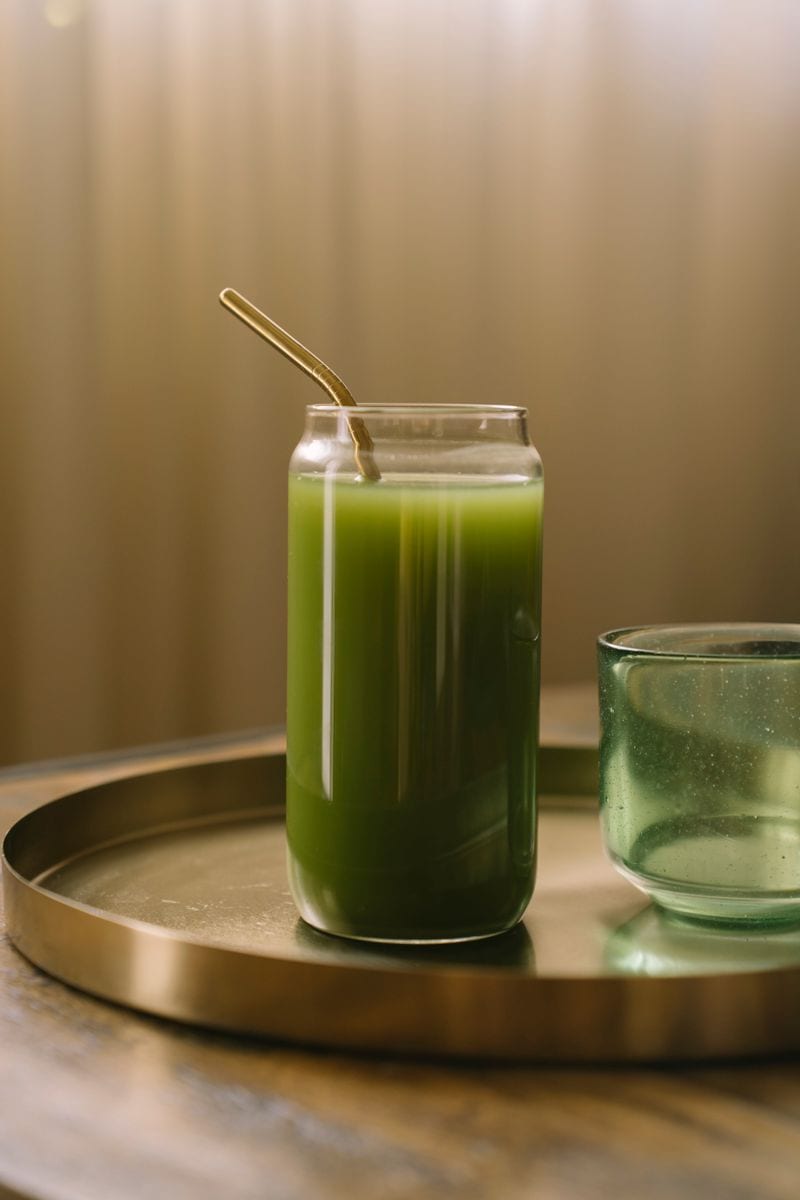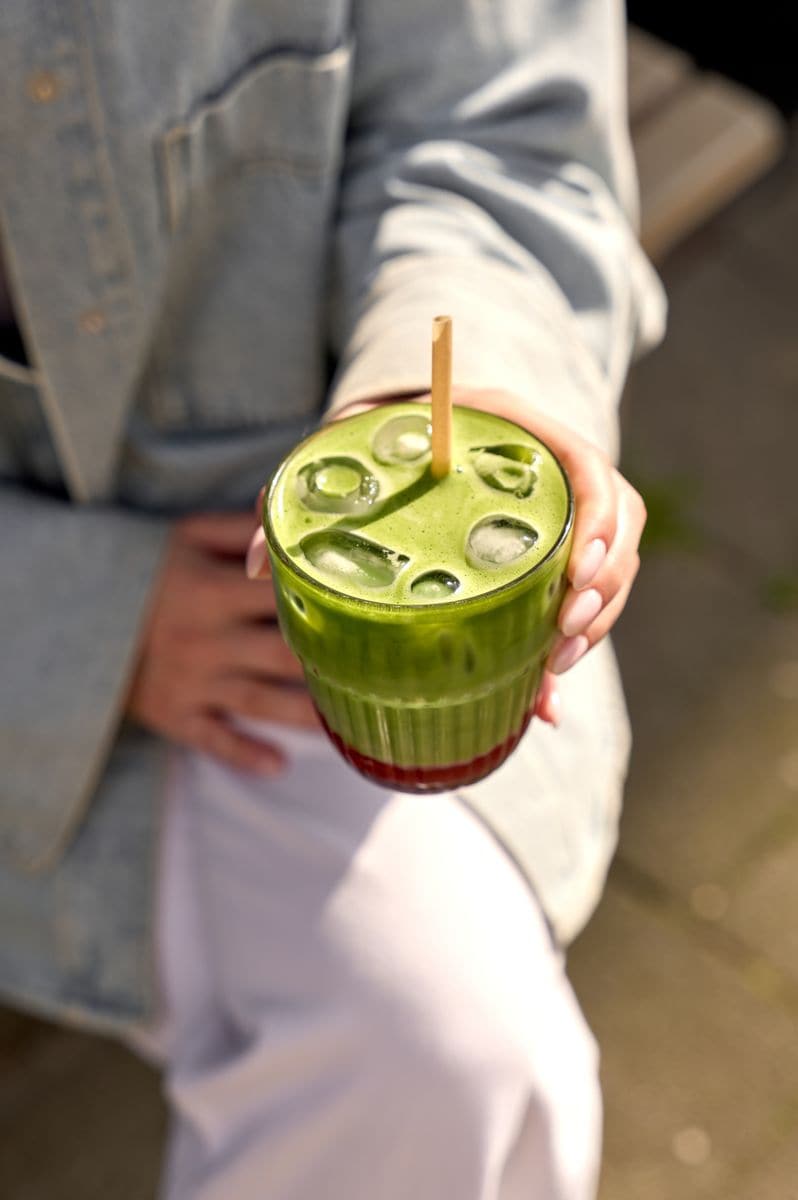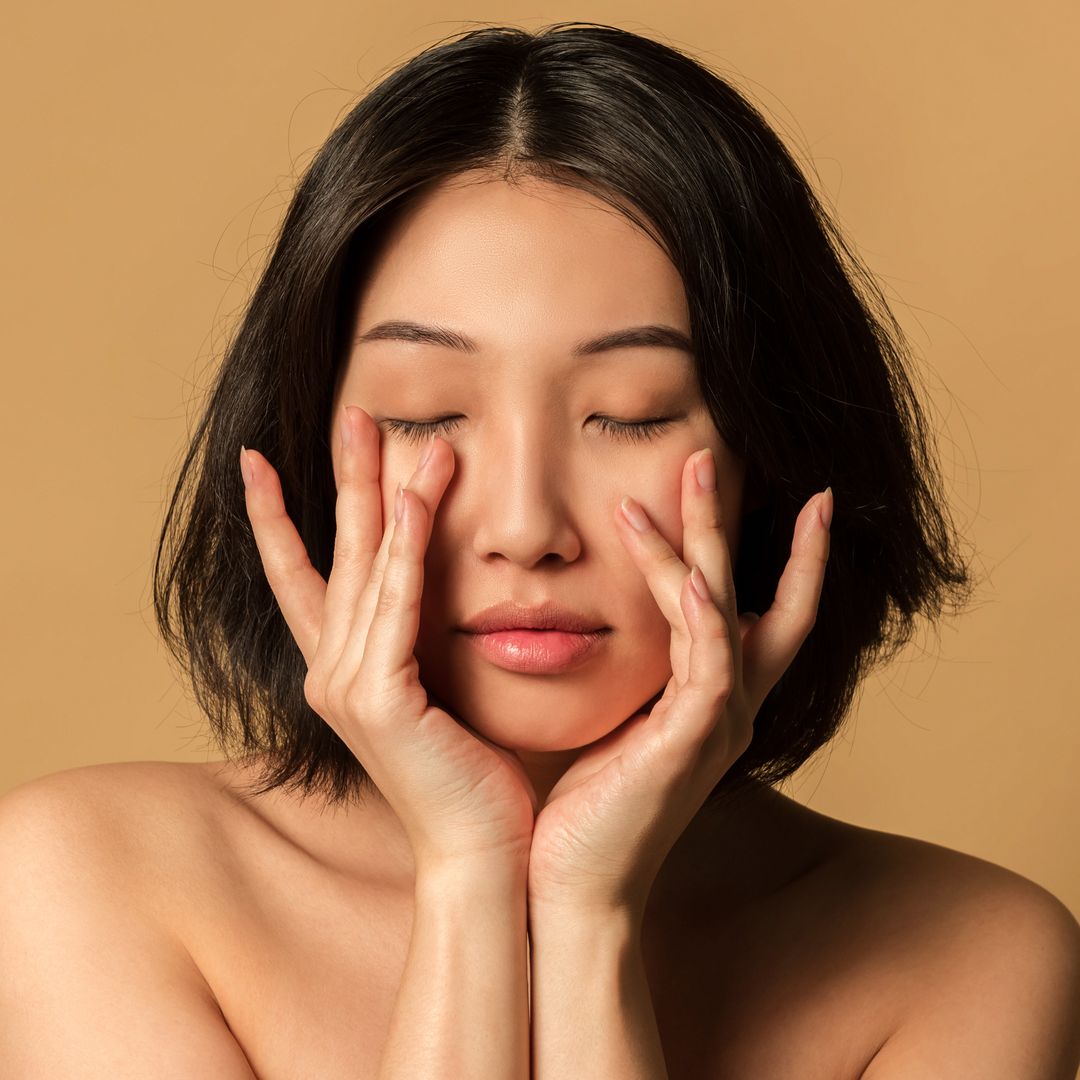Matcha has been trending for its calming energy, antioxidant punch, and Instagram-worthy lattes, but could it also be a secret ally against hair loss? While clinical evidence is still catching up, experts say there are promising reasons why sipping matcha might support stronger, healthier hair.
HOLA! spoke with Dr. Ross Kopelman, a leading hair transplant surgeon at Kopelman Hair Restoration, and Jennifer Pallian, a registered dietitian specializing in nutrition and hair health, to break down what science really says about the connection.
EGCG: Matcha’s Star Compound for Hair Health
Both experts highlight one standout ingredient in matcha: epigallocatechin gallate (EGCG). This catechin antioxidant is where much of the hair hype begins. “From my perspective as a hair surgeon, the most interesting compound in matcha is epigallocatechin gallate (EGCG),” says Dr. Kopelman. “EGCG has been shown in laboratory studies to promote the growth phase (anagen) of hair follicles and protect them from oxidative stress, which is one of the drivers of follicle miniaturization in pattern hair loss.”
Pallian echoes this, adding that EGCG works on multiple levels: “EGCG stimulates dermal papilla cell proliferation, enhances antioxidant defenses, and upregulates genes that promote follicle survival and growth. Importantly, EGCG is a natural inhibitor of 5α-reductase, the enzyme that converts testosterone to dihydrotestosterone (DHT), a key driver of androgenetic alopecia.”
Stress, Cortisol, and Matcha’s Calming Edge
Stress is a well-known culprit behind sudden shedding or worsening of chronic hair loss conditions. Here’s where another matcha compound, L-theanine, comes into play. “I see stress as a major trigger for shedding in my patients,” notes Dr. Kopelman. “Matcha contains L-theanine, which can promote relaxation and reduce cortisol levels, and this calming effect may indirectly help stabilize the hair cycle.”
Pallian adds that the stress connection is biologically significant: “Chronic stress can hold follicle stem cells in a resting state, disrupt the follicular environment, and drive inflammation. Theanine and EGCG together help buffer these stress responses, lowering the risk of stress-induced hair loss.”
Inflammation: The Silent Scalp Enemy
Oxidative stress and inflammation are now recognized as major players in hair thinning. EGCG’s anti-inflammatory power could make matcha a natural scalp protector.
“Chronic scalp inflammation can accelerate follicle miniaturization,” explains Dr. Kopelman. “The antioxidants in matcha may play a protective role by dampening that inflammatory process.”
According to Pallian, this matters more than most people realize: “Inflammation is present in up to 71% of scalp biopsy samples from people with pattern hair loss. EGCG not only lowers DHT but also blocks pro-inflammatory signals like IL-6 and TGF-β2, which are triggered by DHT. This dual action is particularly significant.”
Where the Science Stands Today
Here’s the catch: while lab studies look promising, human trials are still limited. “To date, I haven’t seen high-quality clinical trials that directly link daily matcha consumption to measurable changes in hair density or thickness,” says Dr. Kopelman. “Most of the evidence we have is preclinical, looking at EGCG in cell culture or animal models.”
Pallian points out that indirect evidence exists: “The Forti5 pilot trial tested a supplement with green tea extract among other ingredients and found significant improvements in hair growth over 24 weeks. But since matcha hasn’t been studied alone, the evidence remains indirect.”
Should You Start Drinking Matcha for Hair Growth?
Both experts agree: matcha shouldn’t be seen as a magic cure, but it may be a helpful addition to a hair wellness routine. “While I don’t consider matcha a replacement for proven treatments like finasteride or minoxidil, I see it as a potentially supportive, lifestyle-friendly adjunct,” says Dr. Kopelman.
Pallian frames it as a holistic win: “With its combination of EGCG, theanine, and amino acids, matcha supports both the follicle environment and overall stress resilience—two factors that matter for long-term hair health.”
Matcha isn’t a miracle fix for hair loss, but if you love your morning latte ritual, think of it as a small but meaningful way to support your scalp and strands. And who knows? As research expands, that vibrant green cup might turn out to be more than just a wellness trend.
